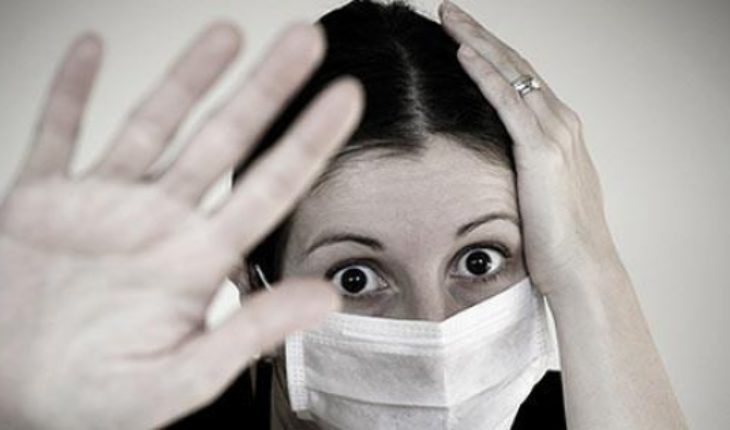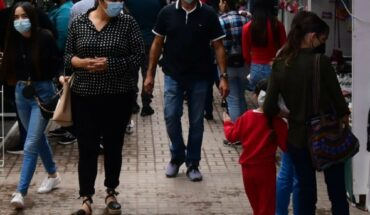a few days ago the news reporting of l a massive infection of Hanta virus in the South of Argentina. They are now 14 deaths and including a Chilean woman. We have been getting used to that every year, at this time, the authorities called to take preventive measures, but little is said about the effects of climate change on the health and, in particular, on its effects on viruses and other microorganisms that they cause diseases.
Recent scientific evidence shows that the variations of the humidity and temperature are causing viruses, bacteria and mosquitoes, become more resistant or appear in areas where formerly used not to be.
Chile has geographic, demographic characteristics and ecosystems that make it a country especially sensitive to climate change in the field of health. Our country has seven of the nine criteria of vulnerability to climate change has established United Nations.
We have low-lying coastal areas; an extensive mountainous ecosystem; large areas of arid, semi-arid and forests; areas prone to drought and desertification; urban air pollution and areas of potential expansion of sanitary vectors, such as the Hanta virus carrier mouse.
The increased frequency of so-called extreme weather, such as storms, floods, heat waves and drought, is one of the most important consequences of climate change, which late or early, affect the health of the population. Scientists and experts argue that these variations are favoring the emergence of new diseases and the resurgence of others thought already disappeared.
Alterations in climate, such as precipitation, humidity, and temperature parameters, could increase the occurrence of some diseases already existing in the country, facilitate the introduction of new diseases and exacerbate the effect of certain environmental variables on health.
In the centro‐sur area, for example, expected an increase of diseases transmitted by rodents and ticks, as the Hanta virus and rabies, while in norte grande, is would favour the development of disease vector, such as malaria and dengue fever, to currently there are in Chile.
As the zika, dengue and chikungunya viruses are transmitted by mosquitoes that like any living organism, also changes its area of activity, forced to migrate by changes of humidity and temperature in the atmosphere.
For this reason it is very important to take conscience that the sum of our habitual behavior, has effects on the environment. Since the amount of water we use, up to the gases emitted by the vehicles that we use to transportanos, produce effects on the environment, rather than early than later, will lead to new health problems for all Chileans.
Poured in this op-ed content is the sole responsibility of the author and do not necessarily reflect the editorial line nor the counter position.





